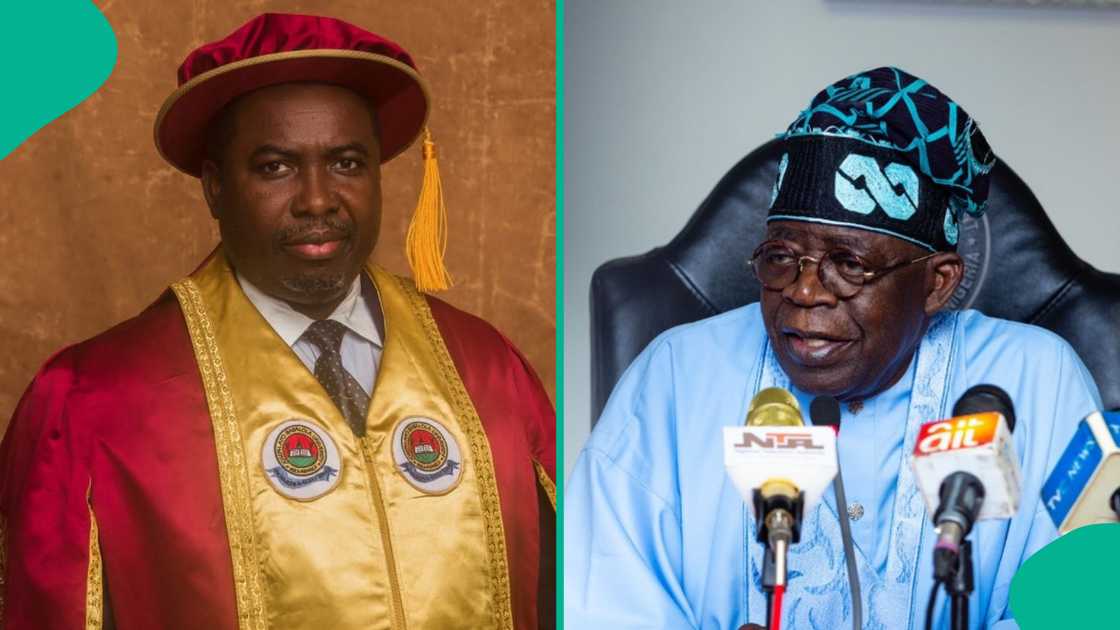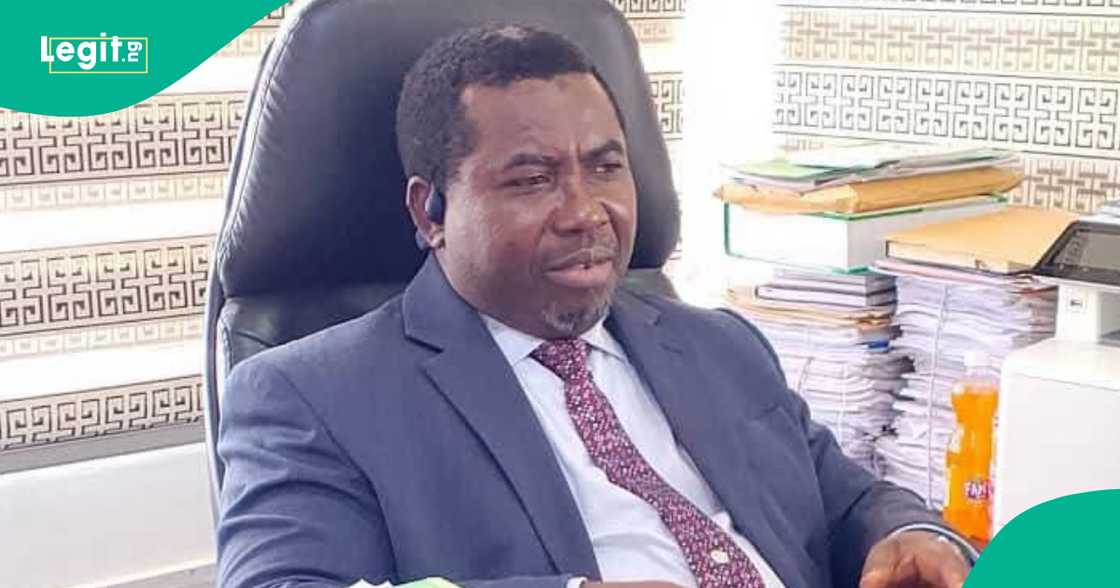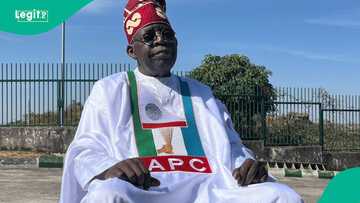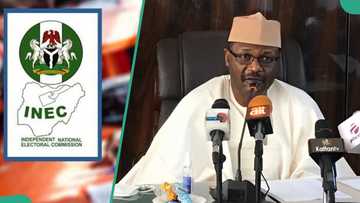Joash Amupitan: List of Council of State Members Eligible to Approve Appointment of INEC Chairman
- The Nigerian Council of State plays a crucial advisory role in the appointment of the INEC Chairman, though final authority rests with the President
- Constitutionally composed of top-ranking current and former officials, the Council offers guidance on key national matters including electoral oversight
- This report outlines the full list of members eligible to advise on INEC appointments and the scope of their constitutional powers
In accordance with the Nigerian Constitution, the Council of State plays a pivotal advisory role in the governance of the country, particularly in matters relating to the appointment of key national officials, including members of the Independent National Electoral Commission (INEC).
The Council is chaired by the President and serves as a constitutional advisory body whose recommendations, while influential, are not binding.

Source: Twitter
The Council of State is empowered to “advise the President in the exercise of his powers with respect to the Independent National Electoral Commission (including the appointment of members of that Commission),” among other responsibilities.
However, constitutional provisions clarify that the President retains the ultimate authority and may override the Council’s advice or lack thereof.
Beyond INEC appointments, the Council also advises on matters such as the national population census, the prerogative of mercy, national honours, the National Judicial Council, and the National Population Commission.
It may also be called upon to offer guidance on the maintenance of public order or any other issue the President deems necessary.
Council of state members eligible to approve INEC Chairman
According to the Constitution, the Council of State shall comprise the following members:
1. The President, who serves as the Chairman of the Council.
2. The Vice-President, who acts as the Deputy Chairman.
3. All former Presidents of the Federation and all former Heads of the Government of the Federation.
4. All former Chief Justices of Nigeria.
5. The President of the Senate.
6. The Speaker of the House of Representatives.
7. All the Governors of the states of the Federation.
8. The Attorney-General of the Federation.
These individuals are constitutionally recognised as eligible to participate in the advisory process concerning the appointment of the INEC Chairman.

Source: Facebook
Broader powers of the Council of State
The Council’s advisory powers extend to several critical areas of national governance. Specifically, it may advise the President on:
- The conduct and documentation of the national population census.
- The exercise of the prerogative of mercy.
- The award of national honours.
- The appointment of members to the Independent National Electoral Commission.
- The appointment of non-ex officio members to the National Judicial Council.
- The appointment of members to the National Population Commission.
- The maintenance of public order within the Federation or any part thereof.
- Any other matters as directed by the President.
While the Council of State’s input is highly regarded, it remains advisory in nature. The President is constitutionally empowered to act independently of the Council’s recommendations, including in the appointment of the INEC Chairman.
10 key facts about new INEC chairman
Legit.ng earlier reported that President Bola Tinubu has appointed Professor Joash Ojo Amupitan (SAN) as the new Chairman of the Independent National Electoral Commission (INEC), according to a statement released by the Presidency on Thursday.
The announcement was made by Bayo Onanuga, Presidential spokesman, who confirmed that the National Council of State had approved Amupitan’s nomination. “The National Council of State has approved Amupitan’s nomination,” Onanuga stated.
Amupitan was conferred with the prestigious rank of Senior Advocate of Nigeria in August 2014, marking his recognition as one of the country’s leading legal minds.
Source: Legit.ng




